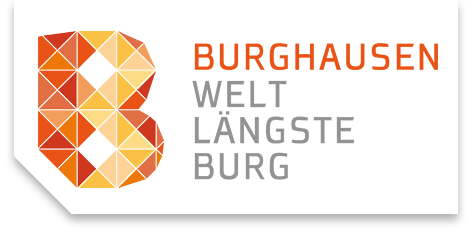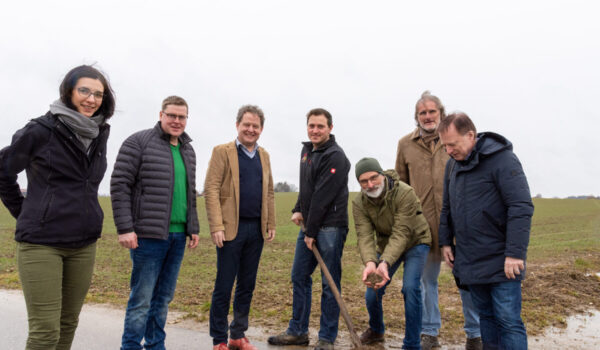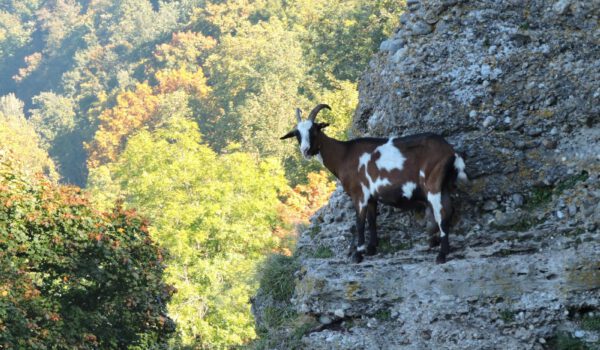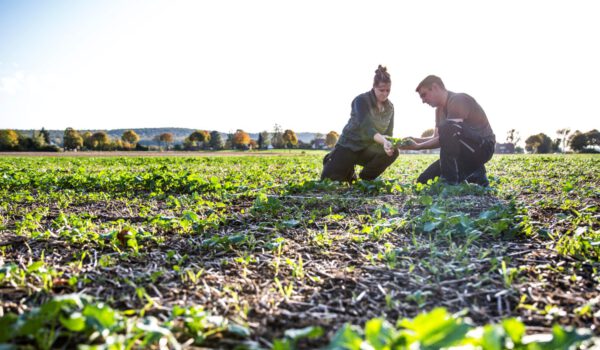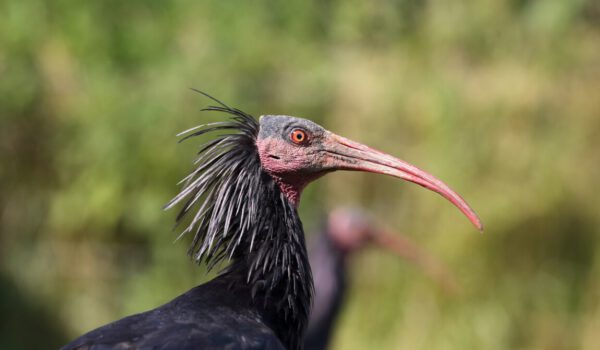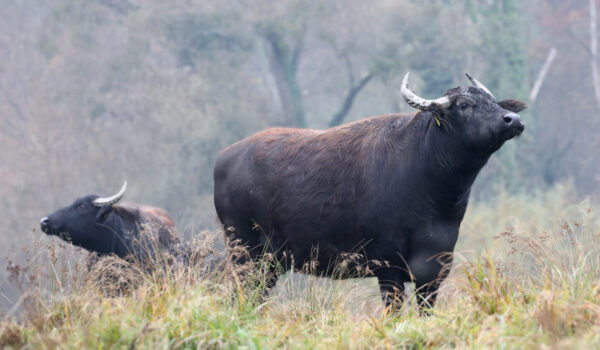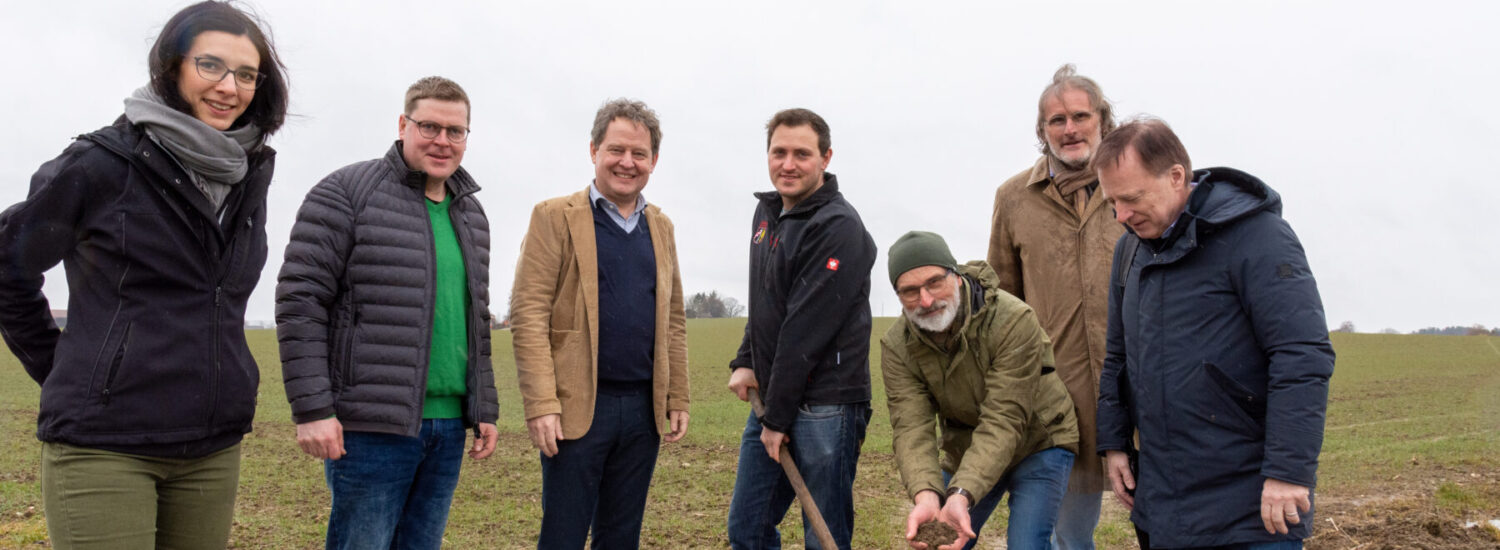
The city of Burghausen has been part of the international initiative "2021 per 4" since 1000. When it joined, Burghausen was the first municipality in Germany to join the initiative. The city is thus taking on a pioneering role in terms of soil fertility, groundwater protection and humus accumulation.
Founded in France in 4, the "1000 per 2015" initiative strives for healthy and carbon-rich soils worldwide to combat climate change and improve the world's food situation.
A healthy and carbon-rich soil is considered an important key to food security and climate protection. In agriculture, there are a variety of practices and measures aimed at enriching humus in the topsoil and thereby binding atmospheric carbon (CO2) in organic form. At the same time, soil fertility can be increased. The "4 per 1000" initiative encourages its members to practice agriculture that is based on locally adapted soil management, secures long-term jobs and generates income, and thus ensures sustainable development.
Humus plays a crucial role because it not only increases the fertility of the soil, but also stores carbon. The aim of the initiative is therefore to increase the humus and thus the carbon content of the soil by four per thousand per year. Agriculturally used soils can play a significant role in the fight against hunger and climate change.
The "4 per 1000" initiative consists of a network of more than 660 members and partners worldwide. The Federal Ministry of Food and Agriculture (BMEL) represents Germany as an active member of the initiative in decision-making processes.
As part of its sustainability concept, the city of Burghausen links ongoing environmental projects with the goals of the "4 per 1000" initiative. In the city of Burghausen, farmers Simon Steinberger and Andreas Remmelberger are currently involved more intensively with the "4 per 1000" initiative as part of the Inn-Salzach eco-model region by actively developing hummus. Together with them, a team from the Technical University of Munich has been investigating the relationship between targeted sensor and satellite-supported fertilization, soil conditions and environmental effects in the Burghausen-Burgkirchen model region for some time. The research results in the "digisens" project show the close connection between fertilization, humus formation and nutrient conversion in the soil.
The head of the project, Professor Doctor Kurt-Jürgen Hülsbergen from TUM, points out the great benefit of humus creation for groundwater protection. Since 2022, he has been working on a new research project that examines the potential use of biochar and the use of compost in Bavarian agriculture.
The scientist focuses on three areas of action:
- the use of compost and biochar
- the cultivation of lucerne clover grass
- agroforestry systems
The project aims to support local farmers, to test the humus formation process and to give them professional advice. The eco-model region Inn-Salzach is the point of contact for interested farmers.
In the opinion of the city of Burghausen, the project in connection with the 4 per 1000 initiative fits perfectly into the region. Science and farmers work together to develop forms of cultivation that promote soil fertility, water storage and humus formation.
Contact
TUM School of Life Sciences
Technical University of Munich
Old Academy 8
85354 Freising
Prof. Dr. Kurt-Jürgen Hulsbergen
huelsbergen@wzw.tum.de
wzw.tum.de
Gunther Strebel
Environmental Officer Burghausen
strebelgunter@web.de
Holger Lundt
Member of the Nature Conservation Union
holger.lundt@web.de
Amira Zaghdoudi
Eco model region Inn-Salzach
zaghdoudiagrar@gmail.com
Other environmental projects

